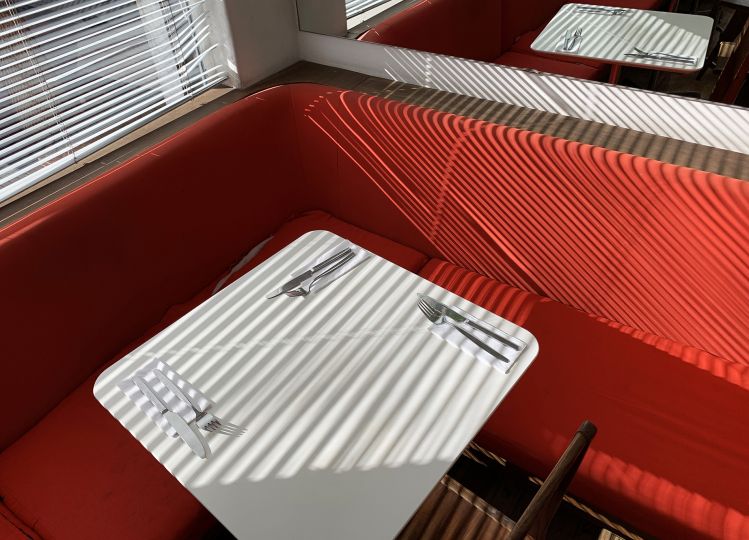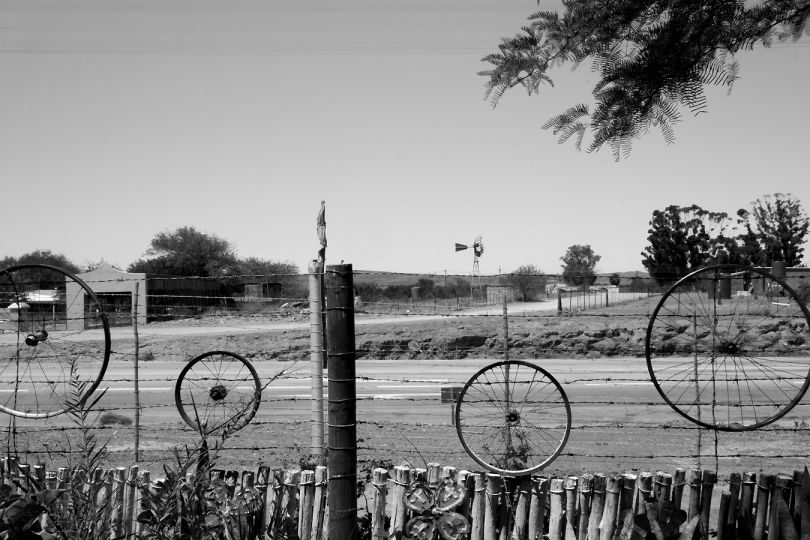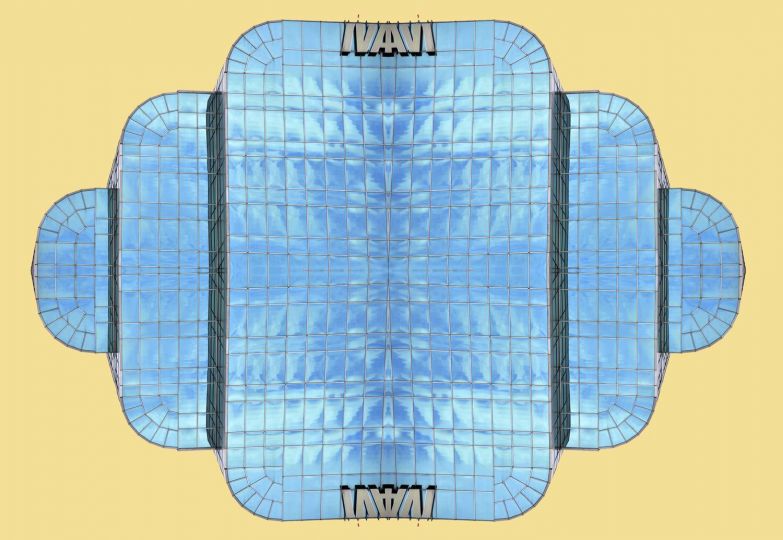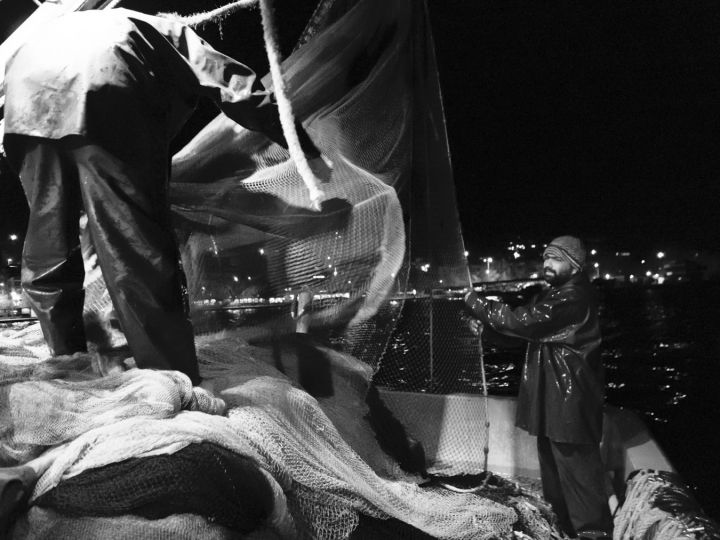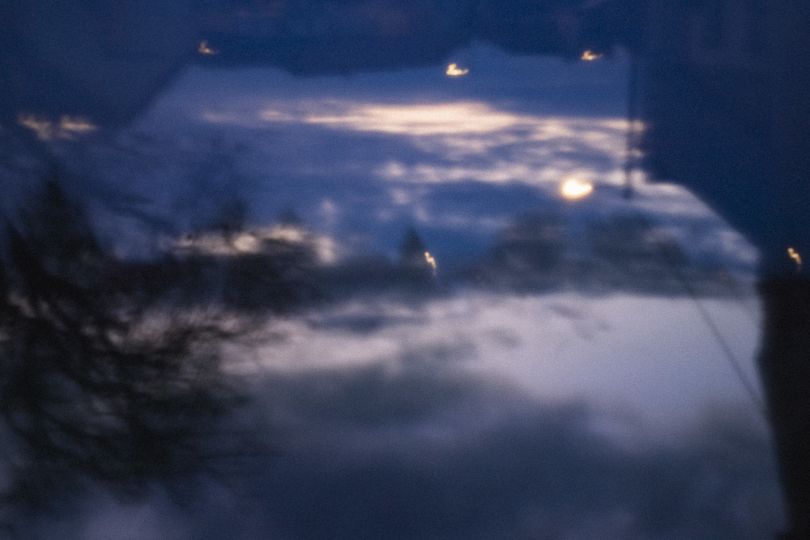WANDERING ENERGIES – Revelations about industrial pollution around the Etang de Berre and the vicinity of Fos-sur-Mer have recently increased. Declining life expectancy due to poor air quality, overexposure of the population to pollutants, higher than national average rates of cancers, diabetes or asthma, industrial plants classified as some of the most polluting in Europe, workers exposed to carcinogenic gases, scientific studies and ministerial reports confirmed what had long been anticipated and felt by some residents.
Photos from this series were taken from fall 2017 to summer 2019. Knowing the work on Fos already carried out by Jacques Windenberger in the 1970s, that on the Etang de Berre by Franck Pourcel in the early 2000s and those of others interested in this very special territory, I decided to make my own current account of this region.
It was in the 1970s that the industrial-port complex of Fos was created. It joined the neighbouring companies, mainly petrochemical located around the Etang de Berre to make this territory one of the largest industrial zones in Europe.
However, prior to this industrialization, the Gulf of Fos was not deserted. Its inhabitants, then less numerous, and those of the surrounding area had their habitats and came to the area in order to bathe in the sea or Etang, fish, hunt, and enjoy nature.
In spite of this profound change in the landscape, the monopolization of some of these spaces by industry and the pollution that has long been ignored but which is now an increasing concern, we continue to come to grips with it. Habits have changed, but they have continued. We lead a normal life of leisure, of reunions between friends…
From Fos to Berre, the cohabitation between the inhabitants and the industrial environment is observed, a relationship sometimes marked by a semblance of indifference.
Many of the inhabitants were born here since the advent of industrialisation and have only experienced this way of life. A living environment where various energies are mingled, those that boil in the factories or those that run through the pipelines to feed our daily consumption but also those of men and women, perpetually attached in every sense to this unique landscape. – Yvan Camboulives









